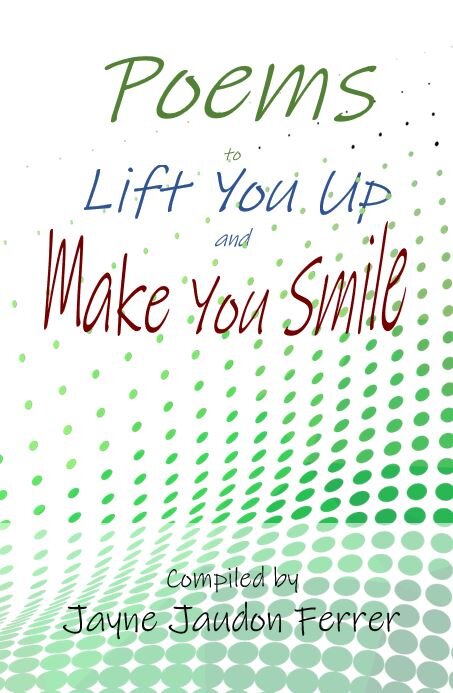 |
Login |
| Poetry Cam |
| Poetry News |
| Poet Profiles |
Company Email:

Ask for this YDP anthology at your favorite bookstore or order it online today!
David Budbill was a Vermont author, poet, playwright, and musician whose poetry I fell in love with years ago, and whose prolific output made writing seem effortless--which it most assuredly is not. Rewarded for his talents through a bountiful accumulation of prestigious awards and fellowships during the course of his career, David often wrote about nature--both the outdoor kind and the human kind. His poems always make me think, usually make me smile, and often make me laugh out loud.
How did you come to be a professional poet? Do you have favorite poets or poems? What's the most interesting "poetry pilgrimage" you've ever made? In the great scheme of things, where does poetry fit in? Describe your writing routine and/or process. I'm a recordist, a stenographer, a secretary. If you want to get fancy about it, you could call me an intermediary, a priest. I don't invent what I write, I don't think it up; I record what I hear and see, both outside of me in the world and inside of me in my imagination and, most often, in that combination of the two where what is outside of me gets transformed into something new as it passes into the inside of me.
I do all this with language, which is not an end in itself, but a means to an end--the end of getting down on paper what I have received. Only as my capacity to be accepting and receiving comes together with my articulateness with the language is good work produced. If I haven't been articulate enough with the language, if my technique isn't good enough, well, too bad for me; I have failed. All of which is to say, I am responsible only for my mediocre and bad work. I can't take credit for my good work, since I am only the conduit for it. This notion has a pleasant sense of humility about it, which appeals to me.
I want to dwell for a moment on the passive, accepting, receiving aspect of being a writer. This may be particularly an issue for men, since to be open, passive, receptive, and fecund is not the way most boys are raised to be men but, increasingly, it is an issue for women writers as we live in an age which gives so much credence and value to aggressiveness, assertiveness, the positive, optimistic, light, active, "male" Yang virtues. At the same time our age denigrates the "female" Yin virtues of darkness, passivity, receptiveness, and so on. I understand that the idea of The Yielding Female—whether applied to men or women--is not a currently popular idea.
In short, I have a little sign on my wall that says: Don't think. Listen. Watch. When I apply my mind to the task at hand, I can't hear what is there to be heard. In other words, if I think, I can't listen; when I use my head, my ears fall off.
I understand myself as a writer as someone who is a receiver, a receptacle. After I am filled up, or while I am being filled up, I can then attempt to become a transmitter of what I have received. I listen for the voices and, if I'm lucky, I hear them accurately and write them down.
What's the most absurd thing you've ever written a poem about? Is there some consistent trademark or characteristic that you've discovered in your poetry? Anything else you'd like to share--advice, anecdotes, forthcoming adventure, etc? Read the masters. Enjoy David's poems by browsing the YDP archives. |
|
| Home | About Us | Contact Us | Sitemap | Bookmark Us | Website Development by Practical Business Systems |
As an Amazon Associate I earn from qualifying purchases. Purchasing books through any poet's Amazon links helps to support Your Daily Poem. The material on this site may not be copied, reproduced, downloaded, distributed, transmitted, stored, altered, adapted, or otherwise used in any way without the express written permission of the owner. |
.jpg)